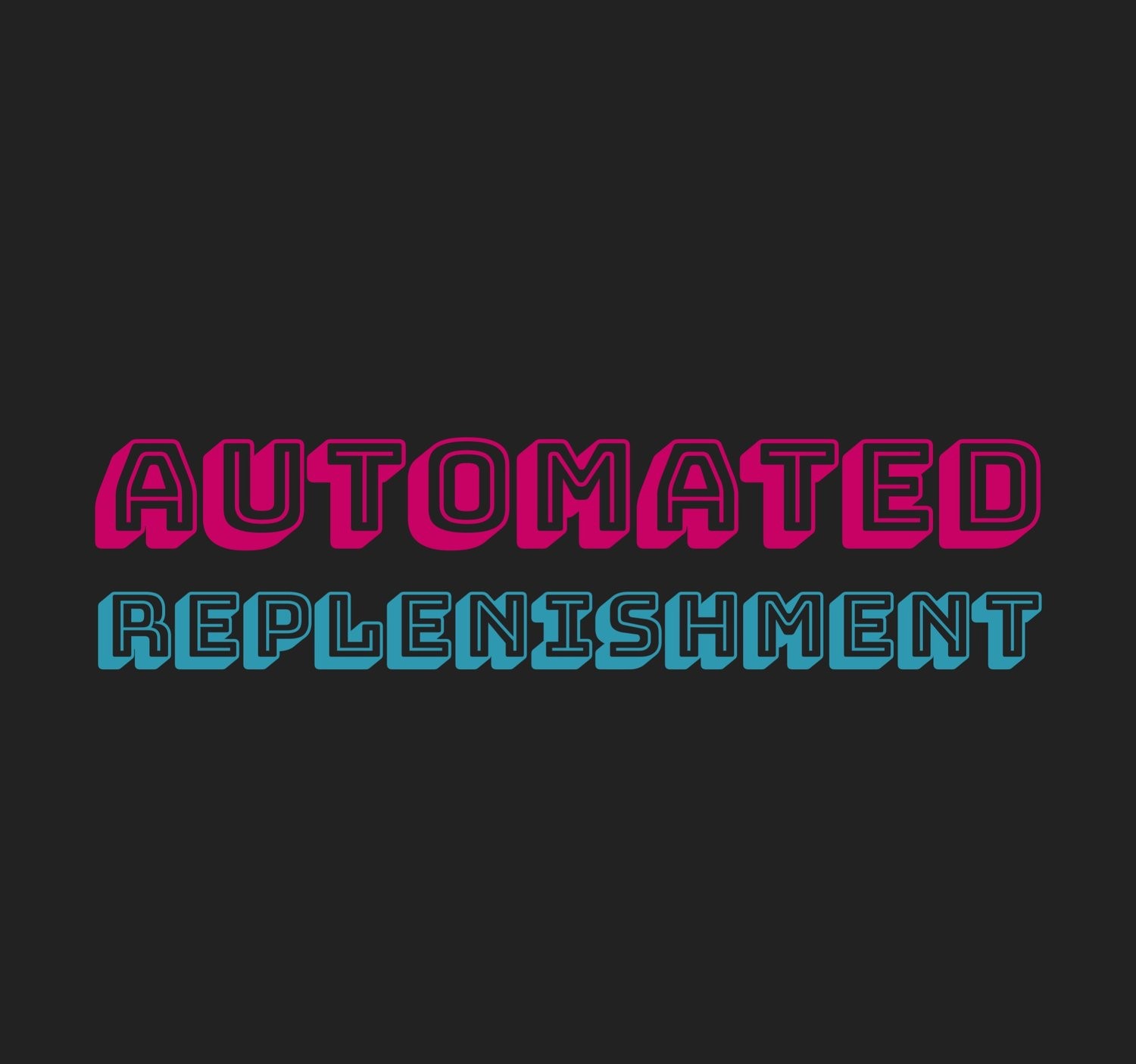In recent years, the manufacturing industry has seen a shift towards automation and digitization. One of the areas that has seen significant growth in this regard is automated replenishment. Automated replenishment refers to the use of technology and systems to automatically manage the replenishment of materials and supplies in a manufacturing environment. This approach eliminates manual processes, reduces waste, and increases efficiency and productivity.
The origin of automated replenishment can be traced back to the development of just-in-time (JIT) inventory management. JIT is a lean manufacturing philosophy that emphasizes the importance of only having the necessary materials on hand, when they are needed, to minimize waste and optimize production. Automated replenishment builds on this philosophy by using technology to manage the ordering and delivery of materials, reducing the need for manual intervention.
One of the key benefits of automated replenishment is that it reduces the risk of stockouts. Stockouts occur when a manufacturing facility runs out of a material or supplies it needs to continue production. This can result in downtime, reduced efficiency, and increased costs. Automated replenishment systems monitor inventory levels in real-time and automatically order replacements when levels fall below a predetermined threshold, reducing the risk of stockouts and ensuring that materials are always available when they are needed.
Another advantage of automated replenishment is that it helps to optimize inventory levels. By monitoring inventory levels and usage patterns, automated replenishment systems can help to determine the optimal ordering quantities and frequencies, reducing the risk of overstocking and minimizing waste. This helps to reduce the overall costs associated with inventory management and increase the efficiency of the production process.
The implementation of automated replenishment can be a complex process, but it can be done successfully with the right approach. One of the key considerations is the technology and systems that will be used to manage the replenishment process. It is important to choose a system that integrates seamlessly with existing systems and processes, and that is easy to use and manage.
Another important factor in the successful implementation of automated replenishment is the development of a clear strategy. This should include a clear understanding of the goals and objectives of the project, as well as a detailed plan for the implementation process, including the resources that will be required and the timeline for completion. The strategy should also include a plan for monitoring and evaluating the success of the implementation, including regular assessments of inventory levels, costs, and production efficiency.
In addition to the technology and strategy, it is also important to consider the people and processes that will be impacted by the implementation of automated replenishment. This includes training and support for employees, as well as changes to existing processes and procedures. It is important to involve all stakeholders in the implementation process, including employees, suppliers, and customers, to ensure that everyone is on board and that the implementation is successful.
Automated replenishment is an important tool in the arsenal of any lean management expert. It can help to reduce waste, increase efficiency, and optimize production. The successful implementation of automated replenishment requires a clear strategy, the right technology, and the involvement of all stakeholders. By taking these factors into consideration, manufacturers can successfully implement automated replenishment and reap the benefits of a lean and efficient production process.



